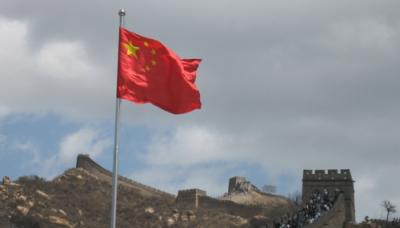China Shuts Down Hacker School

The largest hacker training site in China has been shut down by the authorities, according to Chinese newspaper reports
China’s biggest hacker training site has been shut down, according to a report in the China Daily. The move may be a response to criticism from the US government.
The Black Hawk Safety Net, based in Hubei province, was shut down by police who made three arrests, according to the report. Since 2005, the site has grown to 12,000 members, who paid up to ¥2,000 (£190) for training in hacking and online crime, as well as 170,000 free members, the Chinese authorities said.
The group are accused of offering attacking programs and software, and a total of 1.7 million yuan ($249,000) in assets has been frozen. The group had been under observation since some Black Hawk members were found to be involved in an attack in the City of Macheng in 2007, the paper said.
The investigation, which involved 50 officers, seized nine web servers, five computers and one car. One anonymous 23-year old member told the paper: “I could download trojan programs from the site which allowed me to control other people’s computers. I did this just for fun but I also know that many other members could make a fortune by attacking other people’s accounts.”
The hacking culture in China has been in the news recently, with the US Senate calling on the Chinese government to investigate recent hacking attacks. The US National Security Agency (NSA) is helping Google investigate a series of attacks in December which the search giant claims originated from China.
Google responded by threatening to withdraw co-operation with China’s censorship of search results. China has said that companies operating there must obey Chinese law.
China earlier responded angrily to a speech by US Senator Hilary Clinton calling for greater Internet freedom.

The Chinese National Computer Network Emergency Response Coordination Centre estimates that the hacker industry in China caused losses of 7.6 billion yuan in 2009.